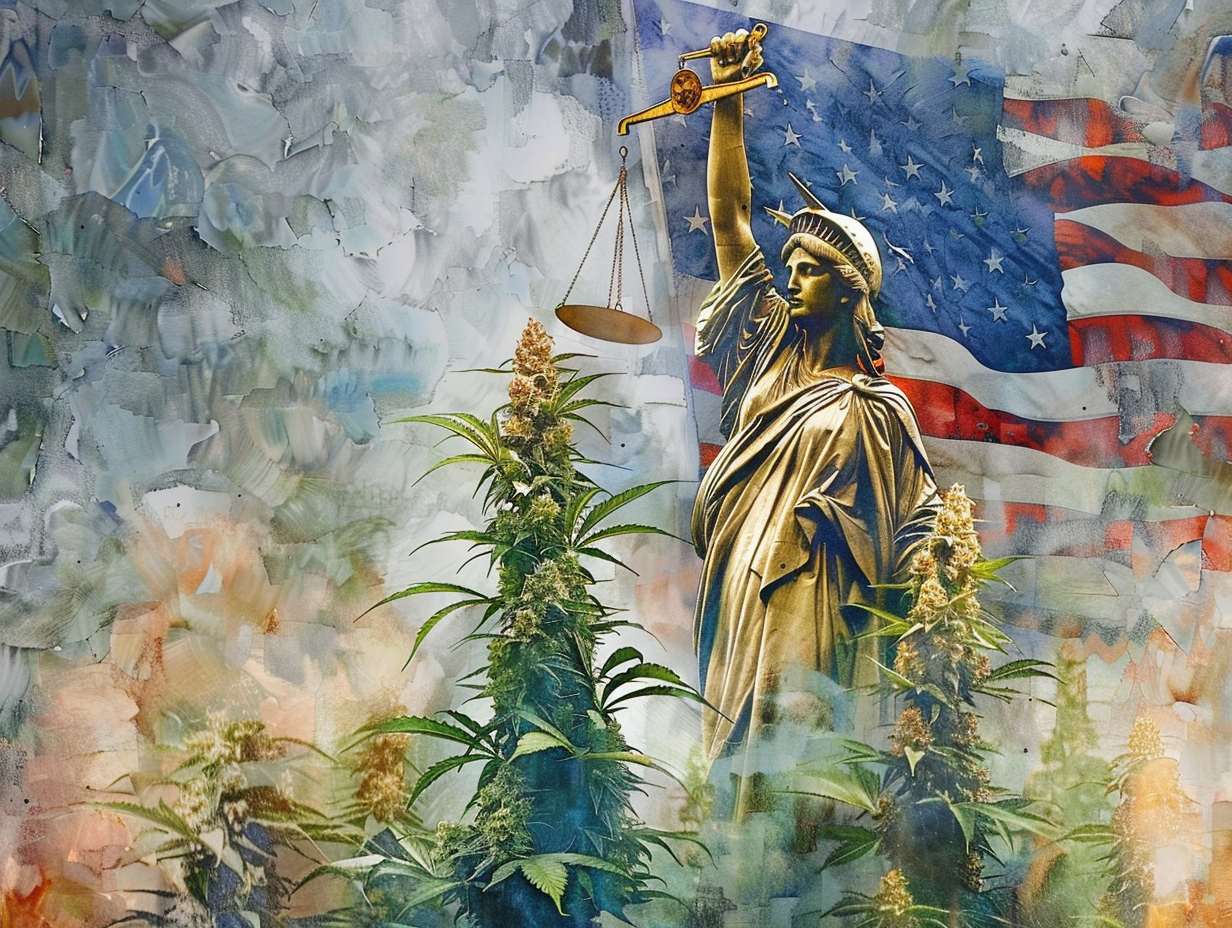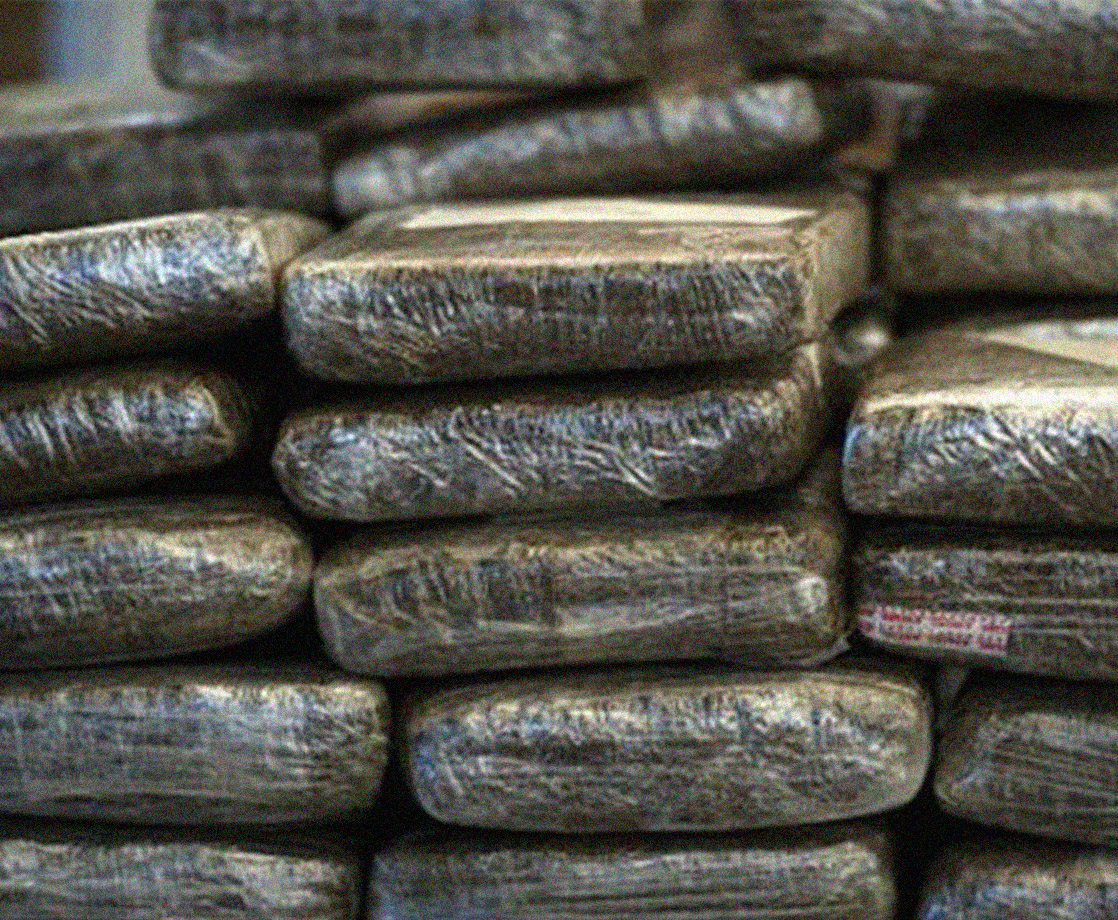President Joe Biden clarified that his federal marijuana pardons did not include expungement, highlighting the need for further legislative action to fully clear the records of those affected.
In a recent clarification, President Joe Biden acknowledged a significant detail about his widely publicized marijuana pardons—that they did not, contrary to his earlier statements, include expungement of criminal records. This revelation has stirred conversations about the limitations of presidential pardons in addressing the broader implications of drug-related convictions, especially for minor offenses like marijuana possession.
President Biden’s initial announcement of pardoning all prior federal offenses of simple marijuana possession was hailed as a progressive leap towards correcting past injustices associated with the war on drugs. However, the distinction between a pardon and an expungement is critical. While the pardon forgives the legal penalties associated with the conviction, it does not erase it. An expungement would have removed the conviction from a person’s record entirely, significantly affecting their ability to secure employment, housing, and education opportunities.

This clarification has significant implications. For those affected, the pardons reduce legal burdens, but without expungement, the stigma and the barriers associated with having a criminal record remain. This halfway measure highlights the complexities of drug policy reform and the limitations of executive power in remedying its decades-long impact.
The reaction to this news has been mixed. Advocates for cannabis reform appreciate the pardons but stress that without expungement, the action falls short of the full relief needed by many who have been disproportionately impacted by historically harsh drug laws. Critics argue that Biden’s administration needs to push for broader legislative changes that include expungement to truly address the issues.
Politically, this development may also influence Biden’s standing with younger voters and progressive groups, who are keen on substantial reforms in cannabis legislation. As the 2024 election approaches, how his administration handles this issue could be pivotal in rallying support from these crucial voter blocks.

In summary, while President Biden’s acknowledgment does not change the legal status of those pardoned, it brings to light the need for more comprehensive solutions to rectify the long-term impacts of marijuana convictions. It also serves as a call to action for Congress to enact laws that can fully expunge records and close the chapter on America’s punitive drug policies of the past.











